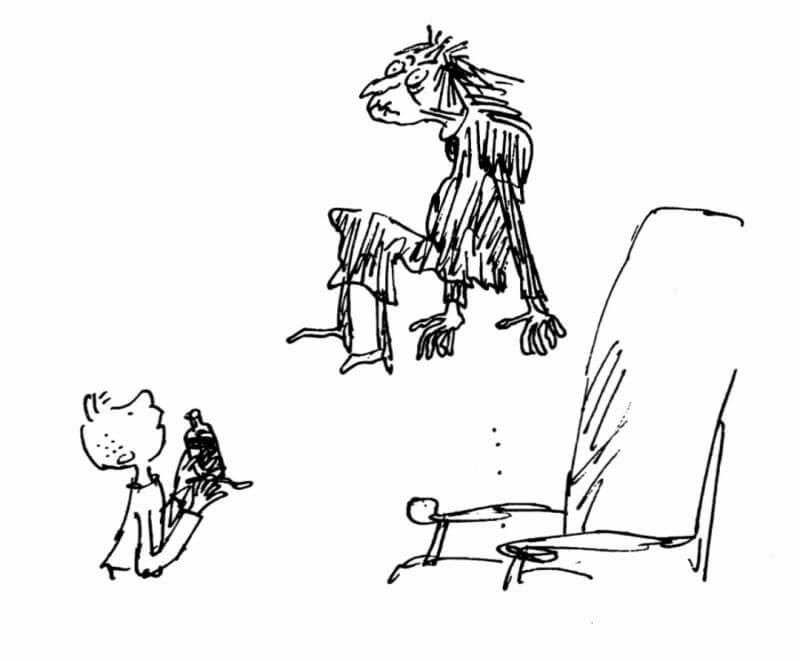In my Jewish primary school in the 1980s, Roald Dahl books were banned. Whilst being one of the most gifted storytellers of his generation, Dahl was also a rabid antisemite, stating “even a stinker like Hitler didn’t just pick on them for no reason”. Fast forward 30 years and Dahl’s prejudice was in the headlines once again, this time relating to his use of now offensive language in his many books.
📚 In the new edition of Charlie and the Chocolate Factory, Augustus Gloop is now just “enormous” rather than “enormously fat”; in The Twits, Mrs Twit is no longer “ugly and beastly”, just “beastly”, and in The Enormous Crocodile, “we eat little boys and girls” has been changed to “we eat little children”. Interestingly, it’s not the first time that Dahl’s stories have been amended. In the first edition of Charlie (1964), the Oompa-Loompas are black pygmies who Wonka imports from “the deepest and darkest part of the African jungle”.
⚗️ These horrendous realisations aside, it struck me that Dahl might actually have been proud of the rich storytelling of Puffin’s PR team. It had all the delicious ingredients of a potion rustled up in George’s Marvellous Medicine. Take a heavy dose of wokeness, add a cup or two of free speech, stir with inter-generational ‘political correctness gone mad’, chuck in a generous helping of gender politics, sprinkle with snowflakes and ignite through social and mainstream media. With such wonderful talkability and layering, it allowed everyone to have an opinion.
🥨 In a cunning plot twist, it ended with Puffin selling even more books: they released new, “sanitised” versions of the books so that they “can continue to be enjoyed by all today” as well as re-releasing the originals as classics. Could this have been part of the script all along? Maybe, but even if it was merely a smart response to the backlash, it was still a marvellous example of how not to waste a good crisis while keeping everyone happy and unhappy in equal measure.
